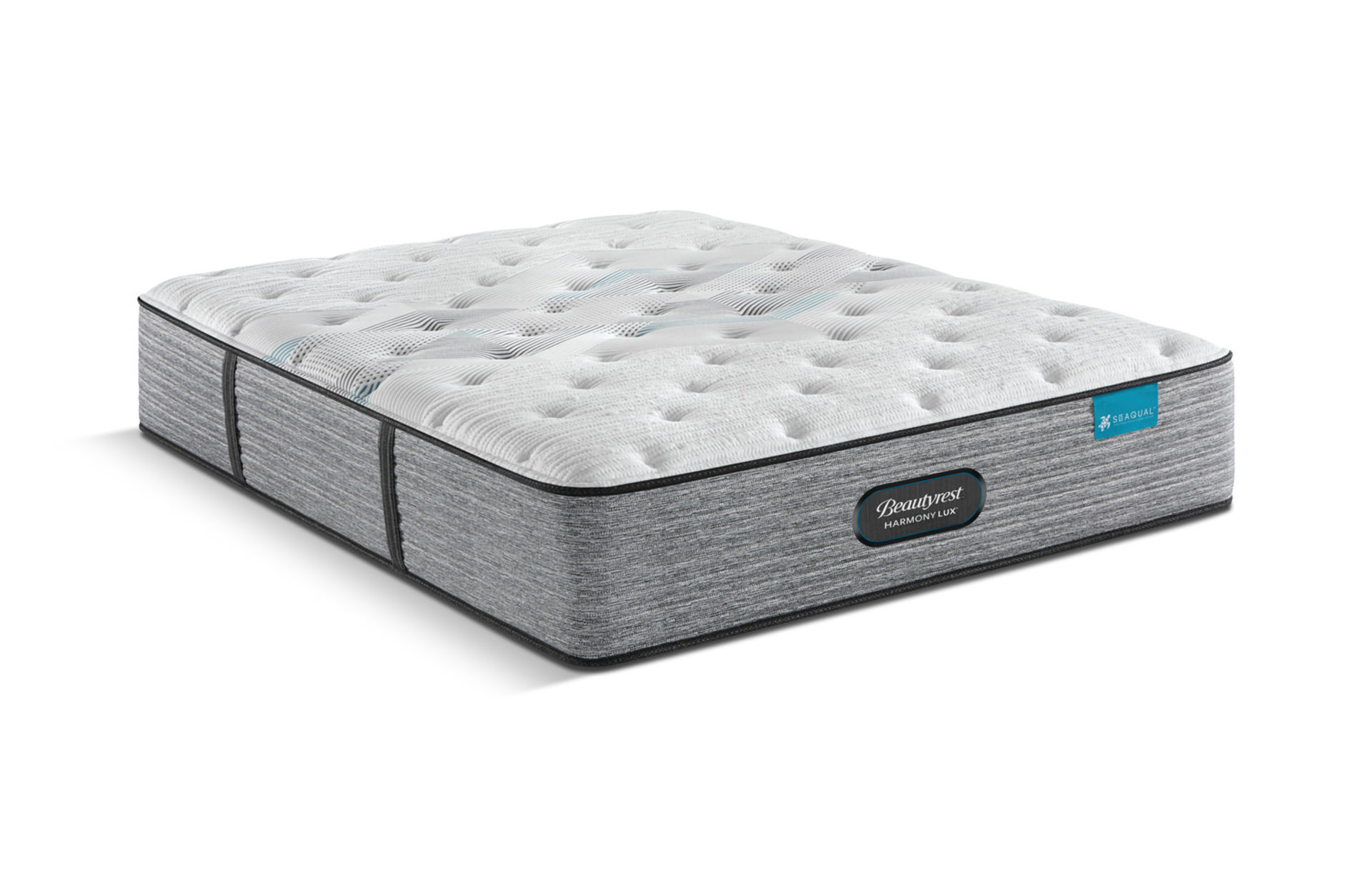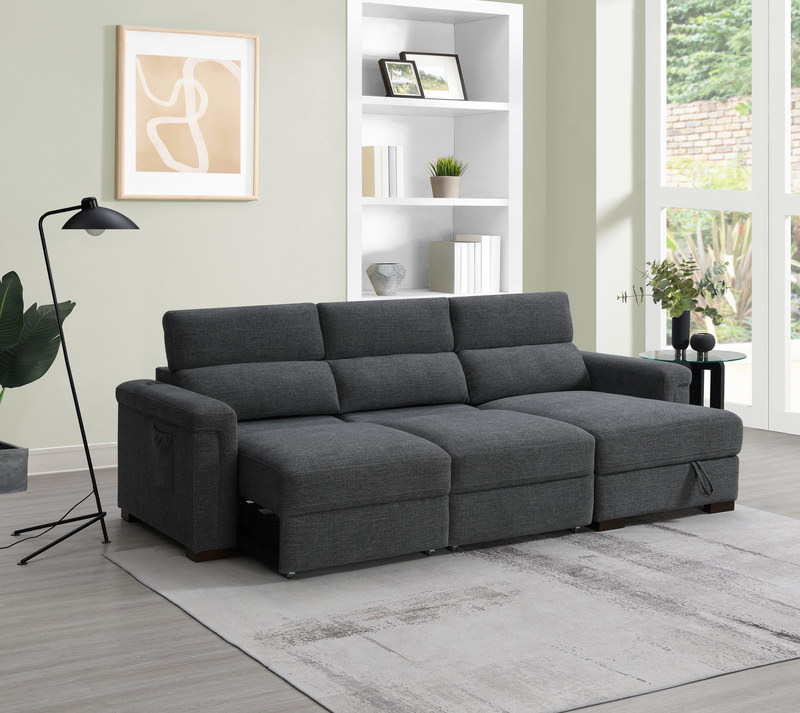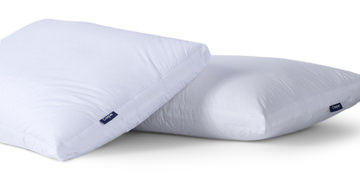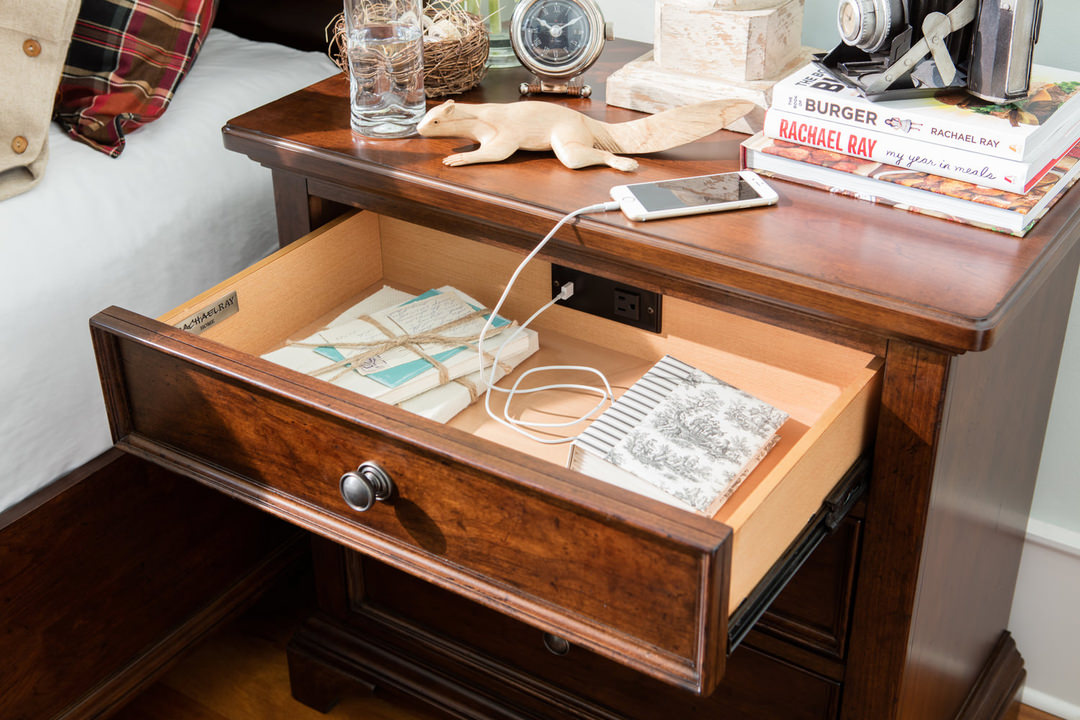How to Sleep Better
Eight tips that will help improve your sleep quality, now.

A good night’s sleep is beneficial to our health and well-being. The experts say so, and we feel better when we’re well rested! We’re mentally more alert, and the day’s tasks go more smoothly.
We all want to sleep well, but we can’t always do it. It’s hard to turn off the day’s stresses at nighty-night time and fall into restorative slumber. It’s not impossible, though! With a little planning, you can get the most out of your nightly rest. Here are eight tips for improving the quality of your sleep.
1. Declutter Your Sleep Space
Is decluttering really necessary? As long as there’s enough room on your bed, why should it matter if your bedroom is disorganized?
As it turns out, it matters! A cluttered bedroom feels restrictive and even a little fenced in. We take that uneasiness to bed with us. If you’ve thinned out your closet and discarded unneeded items and the room is still too full, a new furniture arrangement might help. For example, storage beds provide extra drawers without using more floor space.
2. Create a Restful Bedroom
Decluttering is one step, and you can go further by considering room color. Even with lights out and eyes closed, your mind carries the mood set by how the room looked.
Gentle blue is associated with calm, and many experts thinks it’s the ideal color for a bedroom. Blue can be the dominant color or an accent color that complements neutrals. Other pastels – muted green for example – are also sleep-friendly.
Don’t overlook the benefit of a comfortable temperate! A room on the cool side with plenty of covers works best for most people. If your thermostat is programmable, let it resume daytime temps shortly before you rise.
3. Take Steps toward a Sleep-Friendly Lifestyle
What you do during the day affects how you sleep at night. Start with daily regular exercise. It doesn’t have to be a muscle-pounding workout; vigorous walking is just fine! However, you should avoid a hard workout close to bedtime.
Also, time outdoors is a biggie! Spending time in daylight keeps your circadian rhythm on track. Even keeping the shades open during the day is a big help.
4. Enjoy a Bedtime Routine
People who sleep well generally go to bed and get up close to the same time every day. That’s not practical for everyone, but try to vary bedtimes and wakeup times by no more than an hour.
What’s more important, though, is creating a wind-down routine every night. It establishes a pattern that tells your mind and body it’s time to start quieting. It might include a bath, some easy stretching exercises, some calming reading or even some meditation.
A snack is OK, but it should be a light and healthy one. Avoid caffeinated drinks and heavy foods.
One last hint: if you’ve got something weighing on your mind that might keep you awake, write it down. Set the paper or journal aside. It will be there tomorrow, and you can forget about it while you’re in bed.
5. Banish Electronic Distractions
Lights and sounds from devices interfere with sleep, even when we’re barely aware of them. Shut them off, turn them screen side down or, better yet, put them in a different room.
Avoid electronics during your wind-down period. Designate the last 30 minutes of the day as a time when you don’t check for emails or texts.
If you have a home office in your bedroom, shut it down. Put your laptop and papers in a drawer. Create a buffer between busy time and sleep time!
6. Make Your Mattress Matter
People spend more time on their mattresses than on any other furniture in the home. Sleeping on the best mattress is important! Is yours too hard or too soft? The best mattress for back pain may be a medium firm one, while the best mattress for side sleepers is between medium firm and medium soft.
If you haven’t bought a mattress in a while, you may be pleasantly surprised at what’s available! There are memory foam mattress that adjust to your body. If you share a bed, adjustable beds can accommodate sleep preferences for both partners. If your mattress is more that 8 - 10 years old and isn’t as comfy as it once was, it might be time to start shopping. Oh, and don’t forget to protect your mattress with a mattress cover!
7. Employ the Perfect Pillow
There’s no one ideal pillow for everyone, but there’s one just right for you! Those who sleep prone will prefer a softer, thinner pillow than back sleepers. Side sleepers do better with pillows that are thick and firm for neck support.
If you’re waking with a sore neck, it may be time to switch. The cost of a pillow is a tiny part of furnishing a bedroom and pays huge dividends in deep, comfortable sleep!
8. Benefit from Better Bedding
High-quality sheets and bedding do more than last longer! They make climbing into bed something to look forward to. They encourage you to snuggle in, close your eyes and let go of wakefulness.
Some people take their anxieties to bed with them. For them, a weighted sleep blanket may help. These coverings contain about 15 pounds of glass beads to embrace you in relaxation and comfort.
Steps toward a Superior Sleep Experience
There’s no need to make all these changes at once, but just a few of them can help you sleep better tonight and feel more alert tomorrow. The world may tell you, “Go, go, go!” and dismiss your need for nighttime rest, but don’t hesitate to push back! After all, better sleep isn’t just good for you. It’s also good for your work, your relationships and the people around you!















































































































